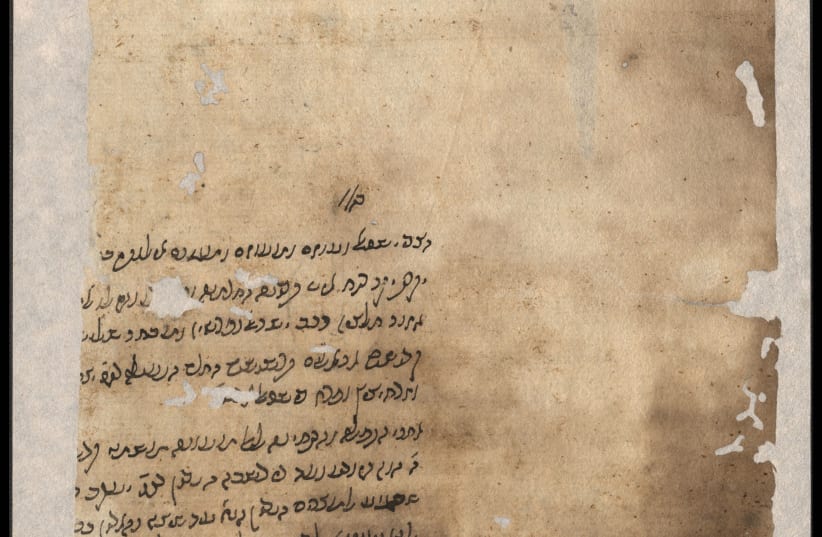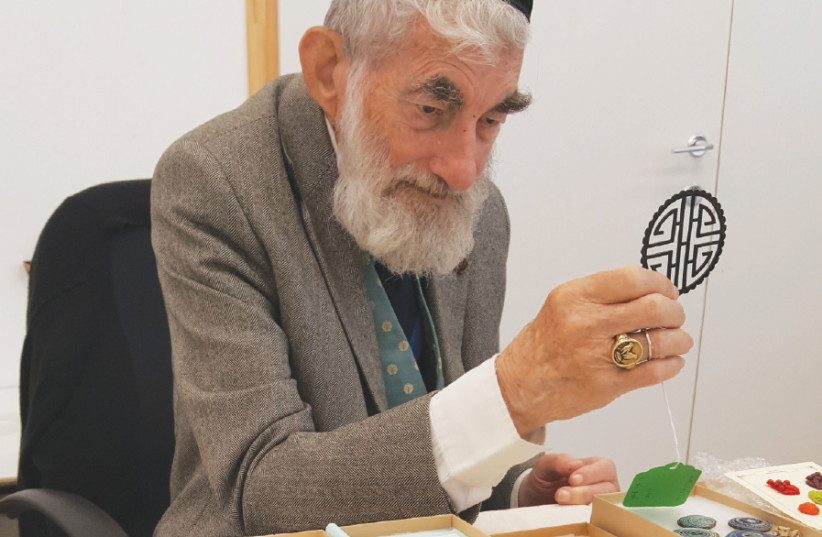A letter addressed to 16th century kabbalist Rabbi Yitzhak Luria – commonly known as “the Ari”, “the Holy Ari” or “the Arizal” – was revealed on Tuesday.
Sent to Luria by someone named David who was requesting support for a fundraiser, the letter was discovered in the binding of an antique book. Ezra Gorodesky, an American-born Jerusalem resident who collaborated with the National Library of Israel for nearly six decades, found the original letter.
The letter is significant because it is among the earliest items of physical evidence that support Luria’s existence. While the Arizal is regarded as one of the most important figures in the history of Kabbalah (Jewish mysticism), no physical manuscripts on mystical topics that he himself wrote are known to have survived. Practically all that we know about him has come down through the students who surrounded him in Safed – most prominently Rabbi Chaim Vital, who spread the teachings of his illustrious teacher across the Middle East.
A few other original documents relating to the life of the Ari have been found in the Cairo Geniza (worn text repository), though this discovery by Godoresky was the best-preserved. Born in Philadelphia, Pennsylvania, Godoresky was an avid collector of artifacts and had made many donations to the National Library of Israel. He passed away in January 2021.
“I have a very rare disease – collecting. And I thought if I’d give my collection to the library it would be a cure and I wouldn’t need to collect anymore,” he once told the its beneficiary. “But interestingly, the next day I bought a book. So I guess there’s just no cure.”

